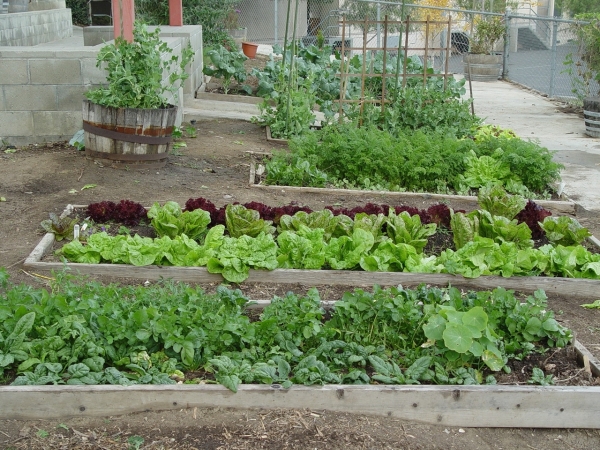MELT Update
MELT is only 10 days away! All presenters have been working hard on creating an engaging and worthwhile experience for everyone. LQPV has been busy getting ready to host over 500 teachers. Mary has been feverishly handling last-minute registrations and making sure everyone is well-informed. We are looking forward to a great day of learning for everyone. Look for an email next week with more specific instructions as to where to park and enter, wifi information, etc... All the information from the email will also be in the update next week.
Upcoming Meetings
January 16, 2015 Community Ed
January 19, 2015 MELT
January 28, 2015 Superintendents' Council
February 9, 2015 Title III Teachers
February 11, 2015 MRVED Board (7 p.m.)
February 19, 2015 Teachers' Advisory Council (TAC)
Pages
▼
Friday, January 9, 2015
Host a School Garden Workshop
Host a School Garden Workshop at your School

Minnesota Agriculture in the Classroom is providing free school garden workshops for educators at schools this year featuring hands-on, standards-based lessons. Participants will complete a variety of lessons that will serve as a starting point for brainstorming opportunities to use school gardens as a vehicle for contextualizing learning in science, social studies, language arts, math and health/nutrition. Each workshop is designed to fit the specific needs of your school and build on your current garden use (or give you the tools to start a garden!). FREE resources and lessons will be shared. For more information and to schedule a workshop, please contact Zoe Hastings at zoe.hastings@state.mn.us or 651-201-6260.

Repair Kit for Grading - Fix 14
Fix 14: Don't summarize evidence accumulated over time when learning is developmental and will grow with time and repeated opportunities; in those instances, emphasize more recent achievement.
This fix encompasses many different things. The prime example for this fix is the student who has scores like this:
This fix encompasses many different things. The prime example for this fix is the student who has scores like this:
- Homework 1 - 10/20
- Homework 2 - 8/20
- Homework 3 - 6/20
- Quiz - 14/20
- Homework 4- 14/20
- Homework 5 - 12/20
- Homework 6 - 10/20
- Test - 48/50
According to the test score the student learned what he/she was supposed to learn. With all categories being equal the student has a 64% for this unit, when the student got a 96% on the summative assessment. Like the previous week, are we grading the learning or what was learned?
Analogy: If I am running a race, it doesn't matter what position I started in, nor does it matter the position I was in for most of the race. The only thing that matters is where I finish. If I have accomplished my goal of finishing first, should I punish myself for not starting in the 1st position?
This is another concept that requires rethinking grading formative assessments and practice. It is a change in some teaching philosophy that requires deep thought and discussion. If we are assigning homework to teach responsibility, then it goes against the first fix about grading behaviors and not learning.
Technology Tip - Smarty Pins with Google
Smarty Pins with Google
Smarty Pins with Google is a trivia and geography game wrapped into one. It is a very interesting concept because you use Google Maps to place pins in locations based upon trivia questions. You start with 1000 miles, a question is asked, and for every mile you are off, you lose points. It would be a great general trivia game for the classroom! It would work great on your interactive whiteboard.
Smarty Pins with Google is a trivia and geography game wrapped into one. It is a very interesting concept because you use Google Maps to place pins in locations based upon trivia questions. You start with 1000 miles, a question is asked, and for every mile you are off, you lose points. It would be a great general trivia game for the classroom! It would work great on your interactive whiteboard.

